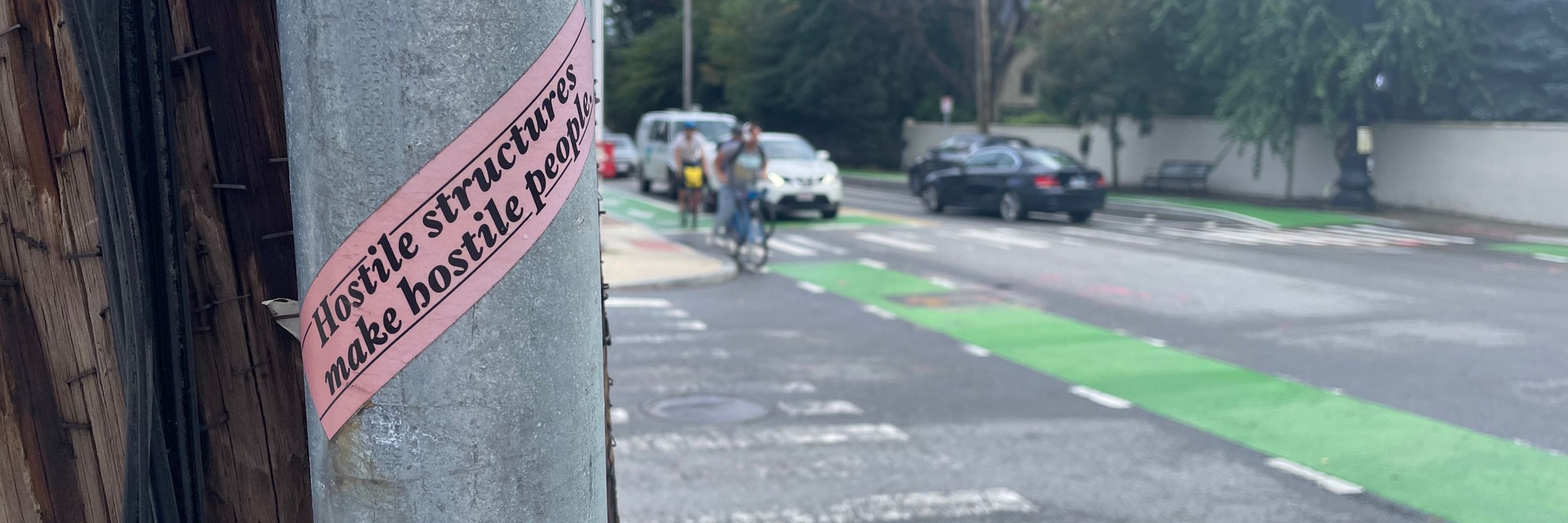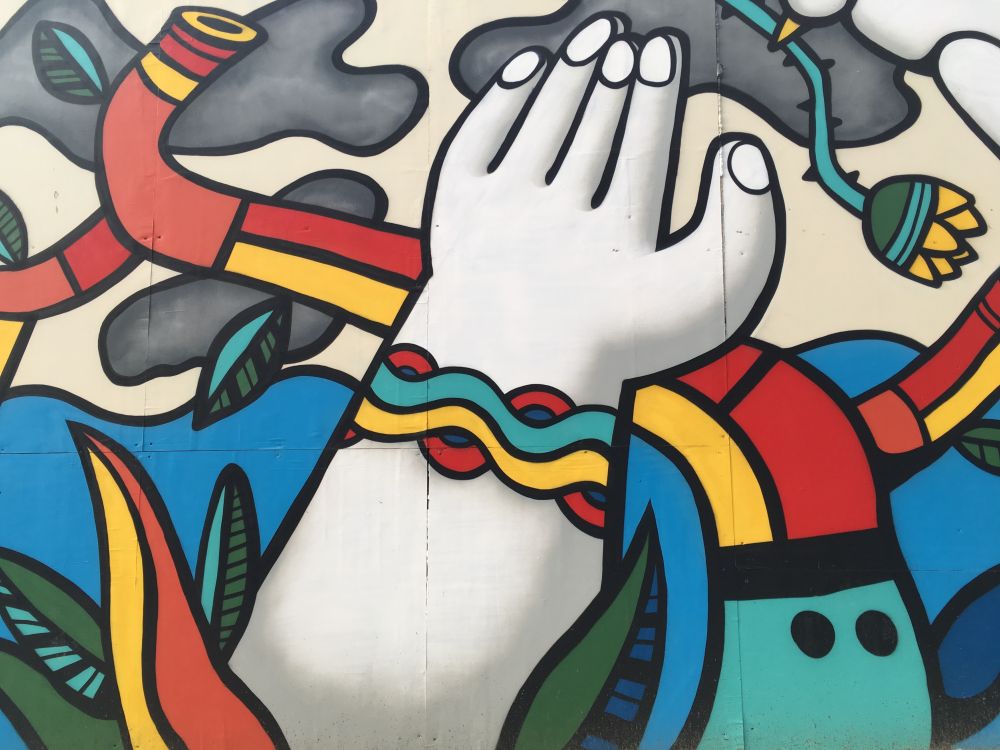
Jonathan Mijs
@jonathanmijs.com
Associate Professor of Sociology at Boston University | studying meritocracy, inequality, segregation | previously: Erasmus University Rotterdam, London School of Economics, Harvard University, University of Amsterdam | www.jonathanmijs.com
Teaser (3/3): some predictions from people who know a lot more about politics than I do (@simonotjes.bsky.social onotjes.bsky.social @tomlouwerse.nl @tomwgvdmeer.bsky.social @hakhverdian.bsky.social @pgkroegerbb.bsky.social)

October 29, 2025 at 4:03 PM
Teaser (3/3): some predictions from people who know a lot more about politics than I do (@simonotjes.bsky.social onotjes.bsky.social @tomlouwerse.nl @tomwgvdmeer.bsky.social @hakhverdian.bsky.social @pgkroegerbb.bsky.social)
Teaser (2/3): latest polls and most likely coalitions (source: www.peilwijzer.nl and www.coalitiechecker.nl)

October 29, 2025 at 4:03 PM
Teaser (2/3): latest polls and most likely coalitions (source: www.peilwijzer.nl and www.coalitiechecker.nl)
Teaser (1/2): recent history of election results across the spectrum (source: www.verkiezingsuitslagen.nl)

October 29, 2025 at 4:03 PM
Teaser (1/2): recent history of election results across the spectrum (source: www.verkiezingsuitslagen.nl)
Better parks 🌳, tighter communities🧑🤝🧑!

July 15, 2025 at 1:45 PM
Better parks 🌳, tighter communities🧑🤝🧑!
💡 We find that some beliefs shifted
But how they changed, depended on people's everyday interactions with people with a migration background
But how they changed, depended on people's everyday interactions with people with a migration background

July 9, 2025 at 5:54 PM
💡 We find that some beliefs shifted
But how they changed, depended on people's everyday interactions with people with a migration background
But how they changed, depended on people's everyday interactions with people with a migration background
We conducted a large, preregistered survey experiment (n=2,792) in the Netherlands
Respondents were randomly assigned to see info about ethnic discrimination in education & hiring or unrelated info
We then measured:
•Perceptions of inequality
•Belief in meritocracy
•Support for affirmative action
Respondents were randomly assigned to see info about ethnic discrimination in education & hiring or unrelated info
We then measured:
•Perceptions of inequality
•Belief in meritocracy
•Support for affirmative action

July 9, 2025 at 5:54 PM
We conducted a large, preregistered survey experiment (n=2,792) in the Netherlands
Respondents were randomly assigned to see info about ethnic discrimination in education & hiring or unrelated info
We then measured:
•Perceptions of inequality
•Belief in meritocracy
•Support for affirmative action
Respondents were randomly assigned to see info about ethnic discrimination in education & hiring or unrelated info
We then measured:
•Perceptions of inequality
•Belief in meritocracy
•Support for affirmative action
Can providing facts about ethnic discrimination change people's beliefs and raise support for affirmative action?
We put it to the test in new @ispp-pops.bsky.social study with @willemdekoster.bsky.social, Jeroen v/d Waal and Masja van Meteren. A thread!
Open access link: doi.org/10.1111/pops...
We put it to the test in new @ispp-pops.bsky.social study with @willemdekoster.bsky.social, Jeroen v/d Waal and Masja van Meteren. A thread!
Open access link: doi.org/10.1111/pops...

July 9, 2025 at 5:54 PM
Can providing facts about ethnic discrimination change people's beliefs and raise support for affirmative action?
We put it to the test in new @ispp-pops.bsky.social study with @willemdekoster.bsky.social, Jeroen v/d Waal and Masja van Meteren. A thread!
Open access link: doi.org/10.1111/pops...
We put it to the test in new @ispp-pops.bsky.social study with @willemdekoster.bsky.social, Jeroen v/d Waal and Masja van Meteren. A thread!
Open access link: doi.org/10.1111/pops...
Great piece by Yukiko Asada et al. @socialindicators.bsky.social on taking seriously 'luck' as a driver of life outcomes and inequality, creatively illustrated with reference to the life course of a certain French painter in this figure.
Full article: link.springer.com/article/10.1...
Full article: link.springer.com/article/10.1...

July 3, 2025 at 2:31 PM
Great piece by Yukiko Asada et al. @socialindicators.bsky.social on taking seriously 'luck' as a driver of life outcomes and inequality, creatively illustrated with reference to the life course of a certain French painter in this figure.
Full article: link.springer.com/article/10.1...
Full article: link.springer.com/article/10.1...
Really cool piece by @rosenjordanblum.bsky.social & co. using party manifesto data to link political change to growing income inequality across the globe.
academic.oup.com/ser/advance-...
academic.oup.com/ser/advance-...

November 30, 2024 at 2:44 PM
Really cool piece by @rosenjordanblum.bsky.social & co. using party manifesto data to link political change to growing income inequality across the globe.
academic.oup.com/ser/advance-...
academic.oup.com/ser/advance-...
Our findings underline the promise of curricular reform, nonpartisan NGO campaigning or government information provision as effective tools to raise awareness, confront racism of omission, and to foster a fact-based public conversation about racial and ethnic inequalities (17/18)

October 25, 2023 at 3:26 PM
Our findings underline the promise of curricular reform, nonpartisan NGO campaigning or government information provision as effective tools to raise awareness, confront racism of omission, and to foster a fact-based public conversation about racial and ethnic inequalities (17/18)
One interpretation of the country-differences we found is of a floor effect: facts produce more belief change where ignorance is greater (🇳🇱). Alternatively, Dutch society’s denial of its racist past may be more easily punctured than the American myth of equal opportunity (16/18)

October 25, 2023 at 3:25 PM
One interpretation of the country-differences we found is of a floor effect: facts produce more belief change where ignorance is greater (🇳🇱). Alternatively, Dutch society’s denial of its racist past may be more easily punctured than the American myth of equal opportunity (16/18)
5. Finally, we find that the treatment effect cuts across the political divide: facts about racial inequality impact both people voting Democrat (left) and Republican (right) -- but we do find a 'backlash effect' with strong Republicans, echoing doi.org/10.1016/j.ss... (13/18)

October 25, 2023 at 3:25 PM
5. Finally, we find that the treatment effect cuts across the political divide: facts about racial inequality impact both people voting Democrat (left) and Republican (right) -- but we do find a 'backlash effect' with strong Republicans, echoing doi.org/10.1016/j.ss... (13/18)
4. Looking at conditional treatment effects, we find that the impact of information is greatest in the white, non-immigrant, majority group. Facts about racial inequalities seem to hit harder for people whose experiences with discrimination are likely to be more limited (12/18)

October 25, 2023 at 3:25 PM
4. Looking at conditional treatment effects, we find that the impact of information is greatest in the white, non-immigrant, majority group. Facts about racial inequalities seem to hit harder for people whose experiences with discrimination are likely to be more limited (12/18)
2. Dutch people aren't so sure. On average, they "neither agree or disagree" that ethnic minorities have fewer chances than the majority group, and they don't think race, skin color, or immigration status are all that important in determining life outcomes (10/18)

October 25, 2023 at 3:24 PM
2. Dutch people aren't so sure. On average, they "neither agree or disagree" that ethnic minorities have fewer chances than the majority group, and they don't think race, skin color, or immigration status are all that important in determining life outcomes (10/18)
Our findings are fivefold:
1. Americans tend to agree (somewhat) that opportunities aren't equal and that government has a responsibility to combat discrimination. They also think race, skin color, and immigration status are "fairly important" in determining life outcomes (9/18)
1. Americans tend to agree (somewhat) that opportunities aren't equal and that government has a responsibility to combat discrimination. They also think race, skin color, and immigration status are "fairly important" in determining life outcomes (9/18)

October 25, 2023 at 3:24 PM
Our findings are fivefold:
1. Americans tend to agree (somewhat) that opportunities aren't equal and that government has a responsibility to combat discrimination. They also think race, skin color, and immigration status are "fairly important" in determining life outcomes (9/18)
1. Americans tend to agree (somewhat) that opportunities aren't equal and that government has a responsibility to combat discrimination. They also think race, skin color, and immigration status are "fairly important" in determining life outcomes (9/18)
Our experimental treatment informs participants (n=1001 🇺🇸; n=1078 🇳🇱) about labor market discrimination and educational inequities faced by the focal ethnic and racial group, using this graph, an explanation, and a set of bullet points summarizing research findings (8/18)

October 25, 2023 at 3:24 PM
Our experimental treatment informs participants (n=1001 🇺🇸; n=1078 🇳🇱) about labor market discrimination and educational inequities faced by the focal ethnic and racial group, using this graph, an explanation, and a set of bullet points summarizing research findings (8/18)
Our focus is on African Americans and on Dutch Muslims, who constitute the largest and, arguably, the most visible and disadvantaged ethnic group in the Netherlands (7/18)

October 25, 2023 at 3:23 PM
Our focus is on African Americans and on Dutch Muslims, who constitute the largest and, arguably, the most visible and disadvantaged ethnic group in the Netherlands (7/18)
Our survey experiment asks whether providing facts about racial & ethnic inequities could help challenge beliefs among minoritized and majority group members in societies marked by similar kinds of inequities but varying cultural narratives (6/18)

October 25, 2023 at 3:23 PM
Our survey experiment asks whether providing facts about racial & ethnic inequities could help challenge beliefs among minoritized and majority group members in societies marked by similar kinds of inequities but varying cultural narratives (6/18)
When we fail to acknowledge ethnic discrimination and structural racism, we risk blaming unequal outcomes on the failings of individuals rather than see how the system was unfairly set up against them all along (5/18)

October 25, 2023 at 3:23 PM
When we fail to acknowledge ethnic discrimination and structural racism, we risk blaming unequal outcomes on the failings of individuals rather than see how the system was unfairly set up against them all along (5/18)
In the Netherlands, the public’s perception of a progressive, tolerant & egalitarian country means that race and racism are topics eagerly avoided or denied altogether. Meanwhile, statues celebrating captains of the slave trade still line the country’s streets and squares (4/18)

October 25, 2023 at 3:23 PM
In the Netherlands, the public’s perception of a progressive, tolerant & egalitarian country means that race and racism are topics eagerly avoided or denied altogether. Meanwhile, statues celebrating captains of the slave trade still line the country’s streets and squares (4/18)
The American Dream covers up the fact that opportunities aren't equal at all. People are aware of the country's deeply racist past but have an overly rosy & deeply flawed picture of the progress toward racial equity that has been made, and the inequities that remain (3/18)

October 25, 2023 at 3:23 PM
The American Dream covers up the fact that opportunities aren't equal at all. People are aware of the country's deeply racist past but have an overly rosy & deeply flawed picture of the progress toward racial equity that has been made, and the inequities that remain (3/18)
For background: this article came out of our concern with national myths of equality, opportunity, and meritocracy. However, the omission of racial and ethnic inequities in public conversations on each side of the Atlantic takes on a very different form (2/18)

October 25, 2023 at 3:22 PM
For background: this article came out of our concern with national myths of equality, opportunity, and meritocracy. However, the omission of racial and ethnic inequities in public conversations on each side of the Atlantic takes on a very different form (2/18)
What do Americans 🗽 and the Dutch🌷know about racial & ethnic inequalities? Are they willing to change their beliefs after learning the facts?
Working with @BUsociologydept graduates Nikki Huang and Will Regan, here's what we learned
www.cambridge.org/core/journal... (1/18)
Working with @BUsociologydept graduates Nikki Huang and Will Regan, here's what we learned
www.cambridge.org/core/journal... (1/18)

October 25, 2023 at 3:22 PM
What do Americans 🗽 and the Dutch🌷know about racial & ethnic inequalities? Are they willing to change their beliefs after learning the facts?
Working with @BUsociologydept graduates Nikki Huang and Will Regan, here's what we learned
www.cambridge.org/core/journal... (1/18)
Working with @BUsociologydept graduates Nikki Huang and Will Regan, here's what we learned
www.cambridge.org/core/journal... (1/18)


